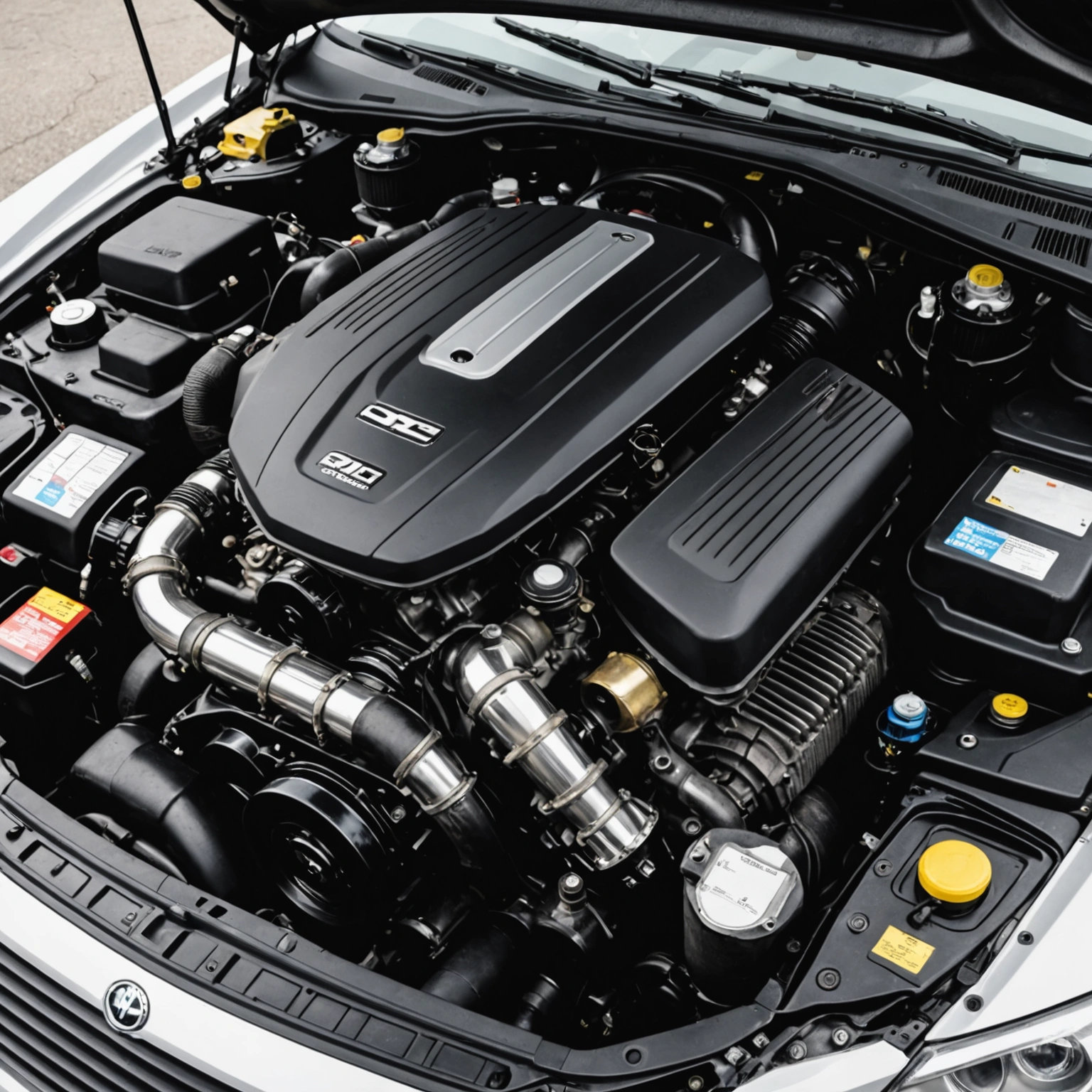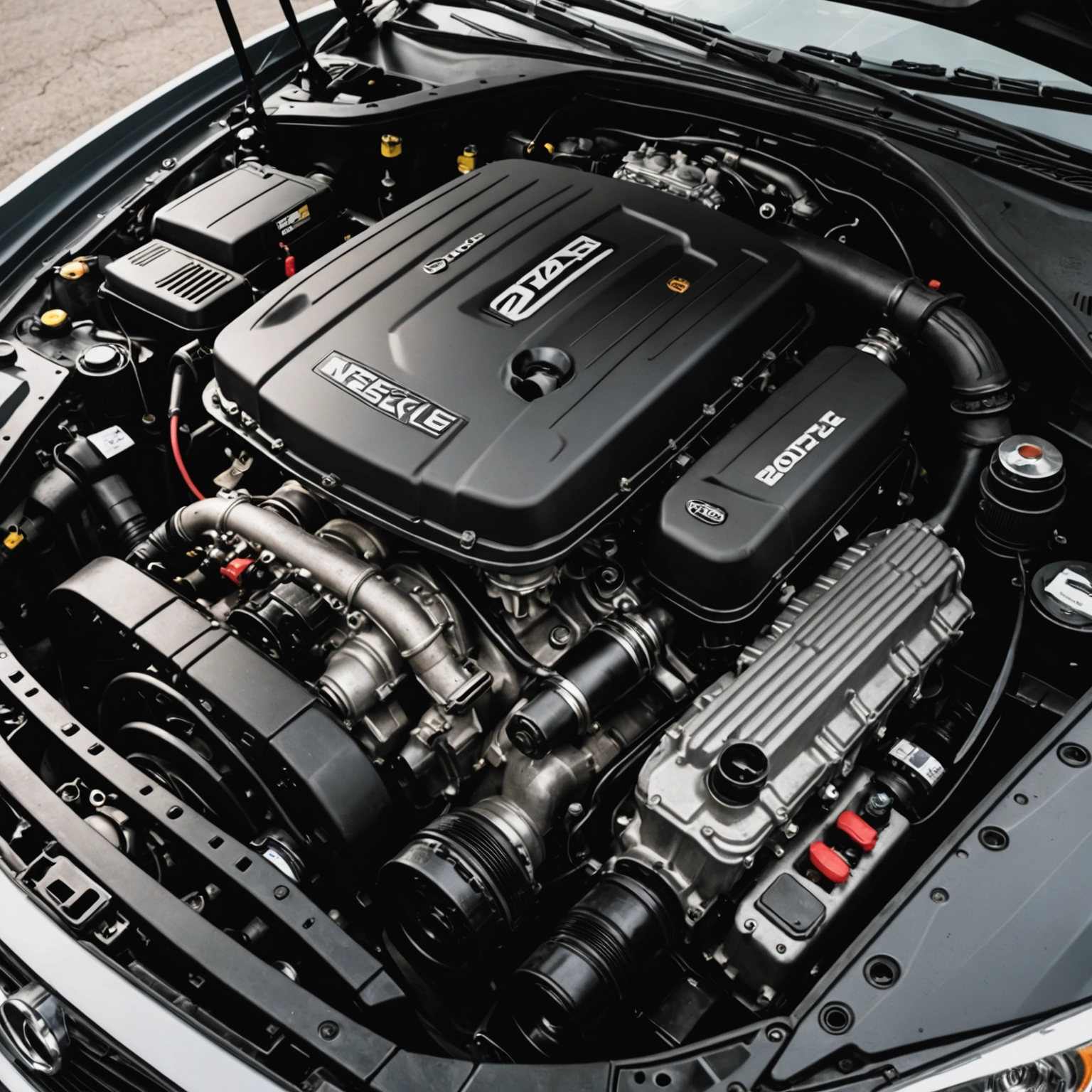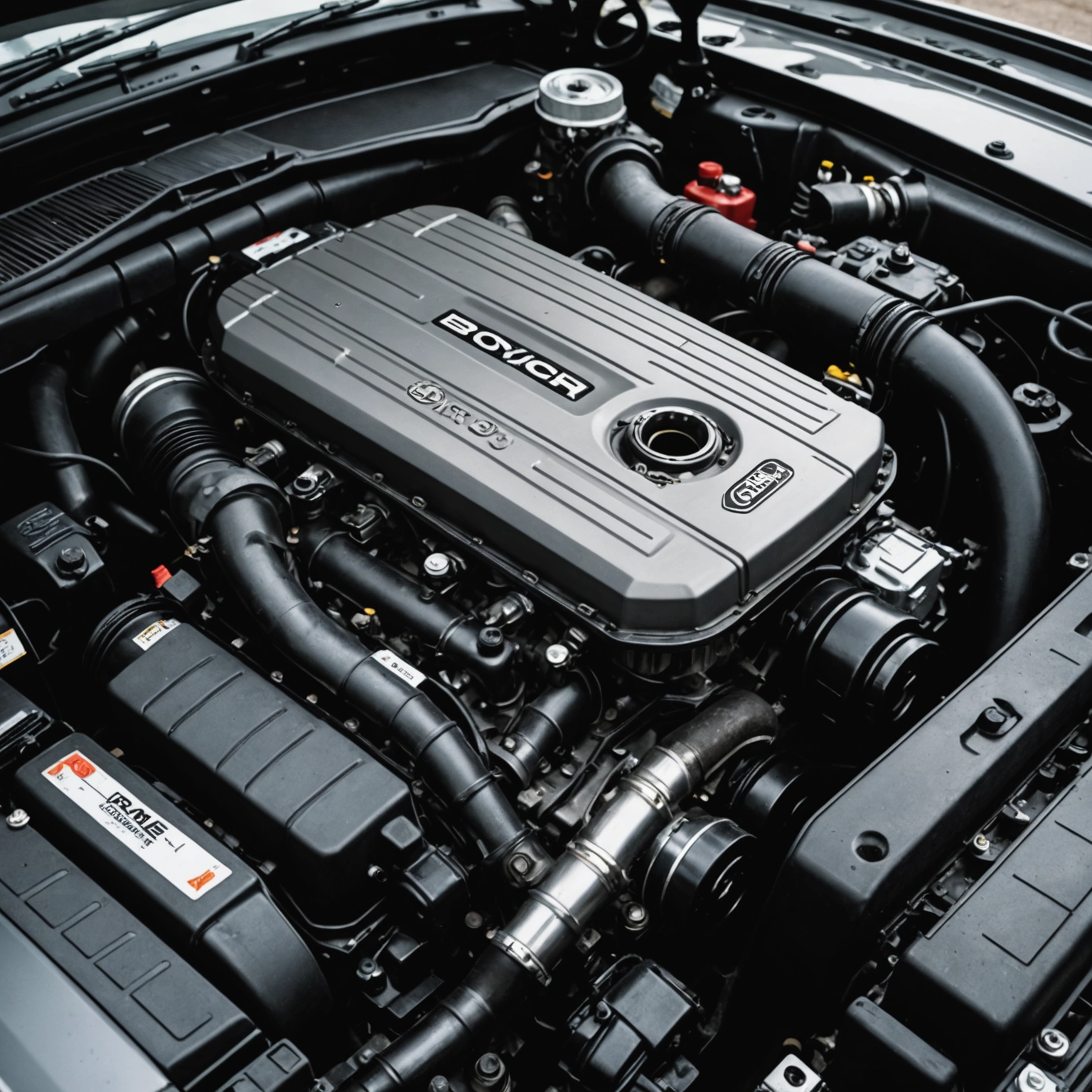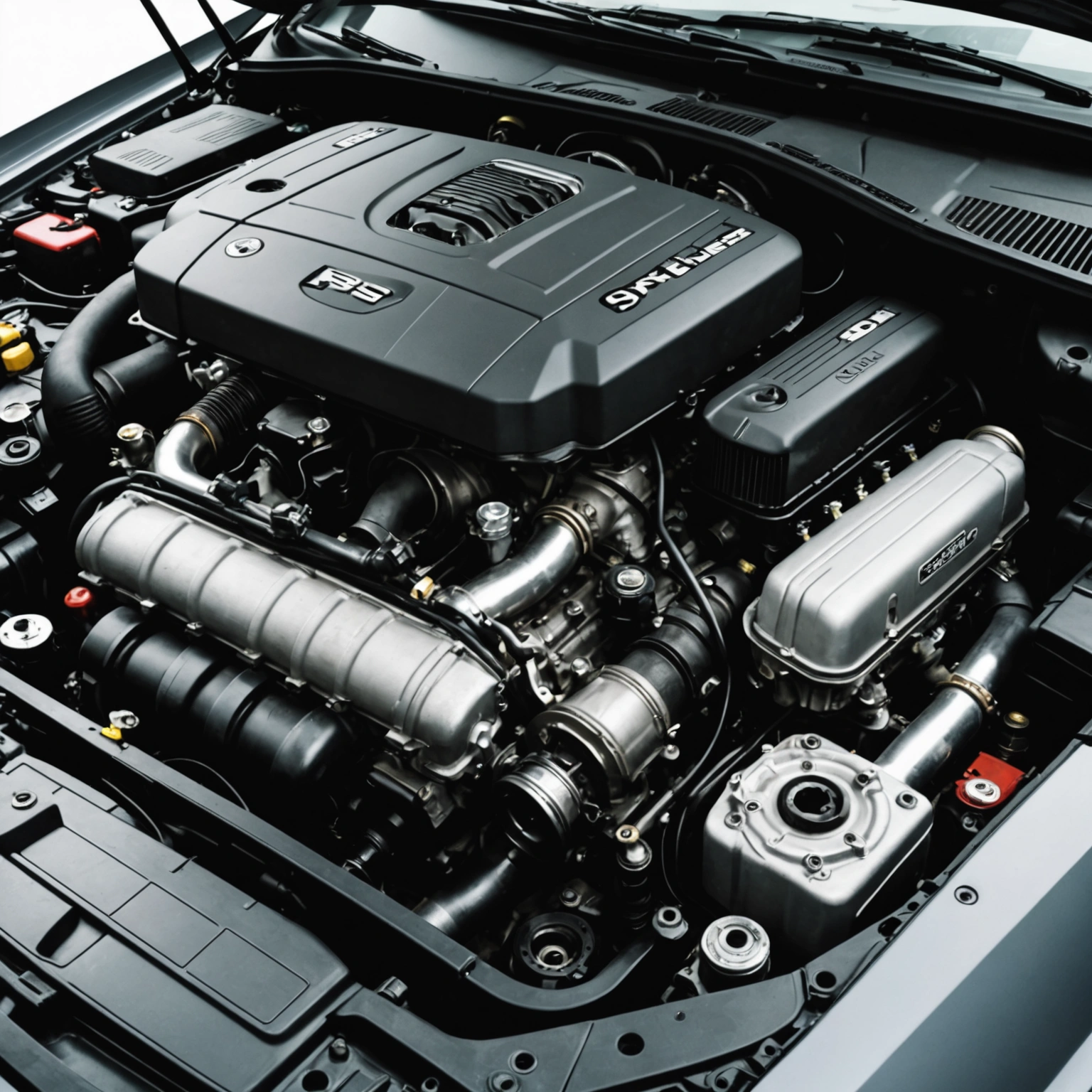**Why Does My Car Engine Rattle? Understanding the Causes and Solutions**
If you’ve noticed a rattling noise coming from your car engine, you’re not alone. Engine rattles can be unsettling, but understanding their causes can help you address the issue promptly and avoid costly repairs down the line. Here’s a comprehensive overview of why your engine might be rattling and what you can do about it.

### Common Causes of Engine Rattle
1. **Loose or Worn Belts**

– **Description:** Your engine relies on several belts—like the serpentine belt or timing belt—to operate components such as the alternator, water pump, and air conditioning compressor.
– **Rattle Symptoms:** If these belts become loose, cracked, or worn, they can produce a rattling sound, especially during engine startup or acceleration.

– **Solution:** Have the belts inspected and replaced if necessary. Proper belt tension is crucial.
2. **Exhaust System Issues**

– **Description:** A damaged or loose exhaust system, including the heat shield, muffler, or catalytic converter, can cause rattling noises.
– **Rattle Symptoms:** You may hear the rattle more prominently when the engine is cold or during acceleration.
– **Solution:** Inspect the exhaust system for loose parts or damage. Repair or replace as needed.
3. **Engine Knock or Detonation**
– **Description:** Engine knocking occurs when fuel combusts prematurely or unevenly within the cylinders, often due to poor fuel quality, incorrect ignition timing, or carbon buildup.
– **Rattle Symptoms:** A knocking or pinging sound during acceleration or under load.
– **Solution:** Use higher-octane fuel, have the ignition timing checked, and consider a professional cleaning of the combustion chambers.
4. **Worn or Failing Motor Mounts**
– **Description:** Motor mounts secure the engine to the chassis. Over time, they can crack or break.
– **Rattle Symptoms:** Rattling or clunking noises, especially during acceleration, deceleration, or when shifting gears.
– **Solution:** Replace worn motor mounts to reduce engine movement and noise.
5. **Valve Train Issues**
– **Description:** Problems with the valve train components — such as lifters, camshaft, or rocker arms — can cause ticking or rattling sounds.
– **Rattle Symptoms:** Ticking or tapping noises that vary with engine speed.
– **Solution:** A mechanic can diagnose and replace faulty components.
6. **Carbon Buildup**
– **Description:** Accumulation of carbon deposits in the combustion chambers can lead to uneven combustion and knocking sounds.
– **Rattle Symptoms:** Persistent engine knocking or rattling, especially after prolonged idling.
– **Solution:** Engine cleaning treatments or professional decarbonization can help.
### When to See a Mechanic
While some rattling sounds can be benign, others may indicate serious issues. Seek professional help if:
– The rattling worsens or persists.
– It occurs during specific engine conditions (startup, acceleration, idling).
– You notice a decrease in engine performance, rough idling, or warning lights on the dashboard.
### Preventive Tips
– Regularly inspect belts and hoses.
– Keep up with scheduled maintenance, including oil changes and tune-ups.
– Use the recommended fuel grade.
– Address any unusual noises promptly to prevent further damage.
—
**In Summary**
Engine rattling can stem from various issues, ranging from simple belt problems to more complex internal engine components. Identifying the source early can save you money and keep your vehicle running smoothly. When in doubt, consult a trusted mechanic for a thorough diagnosis and repair.
**Stay safe on the road, and don’t ignore those strange engine noises!**

